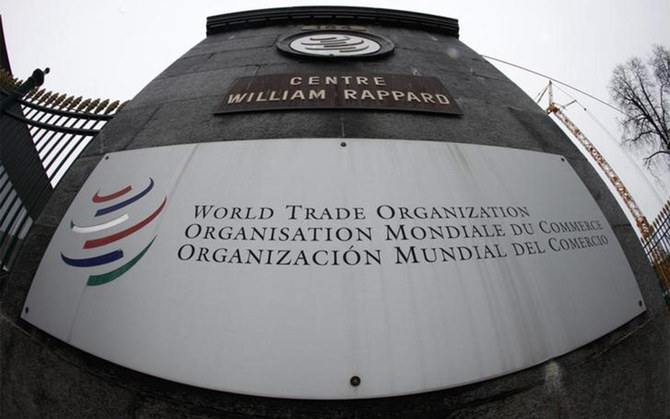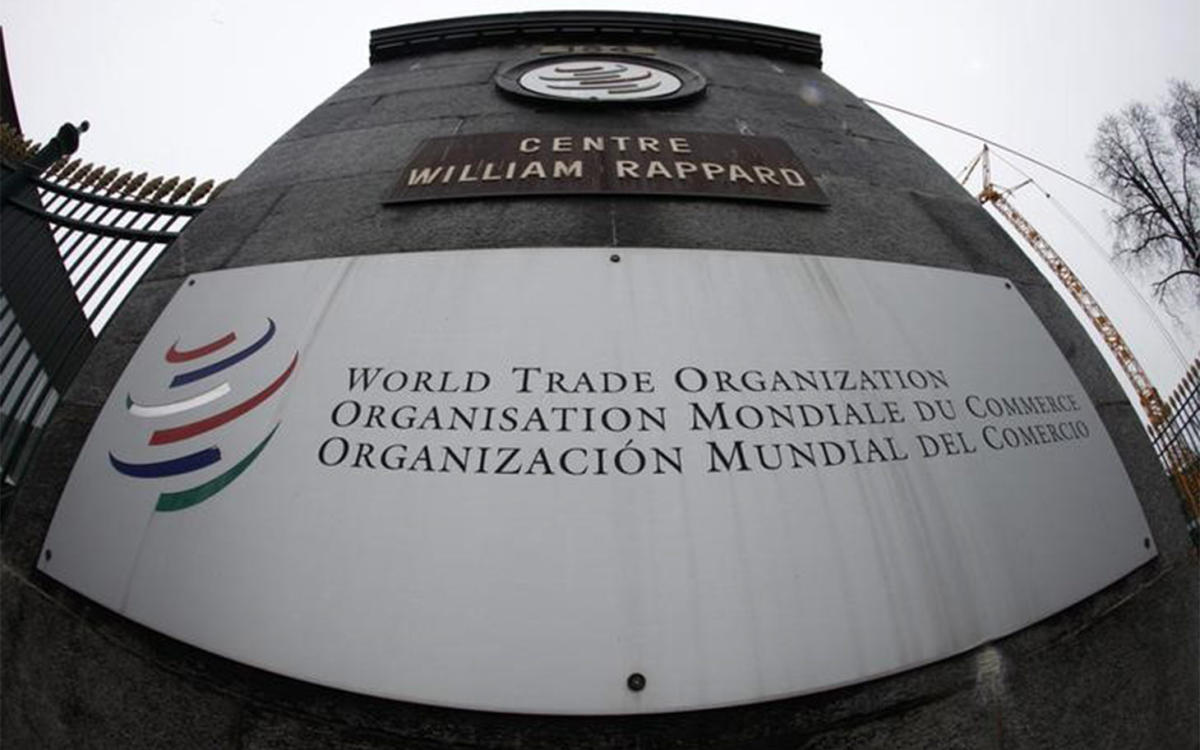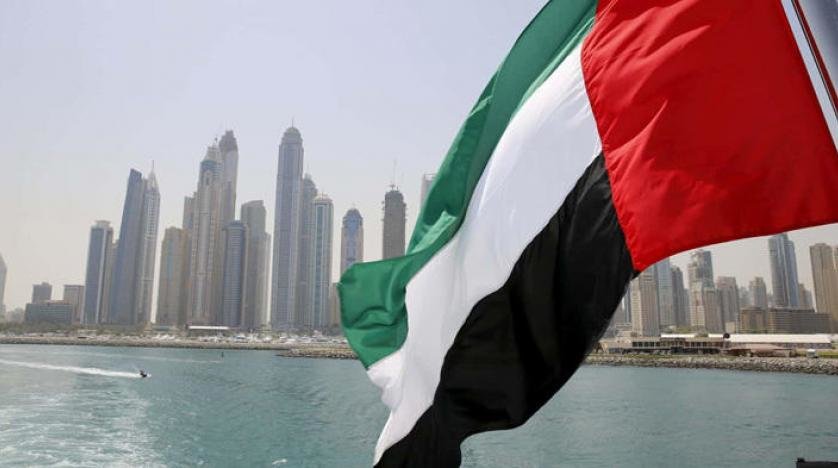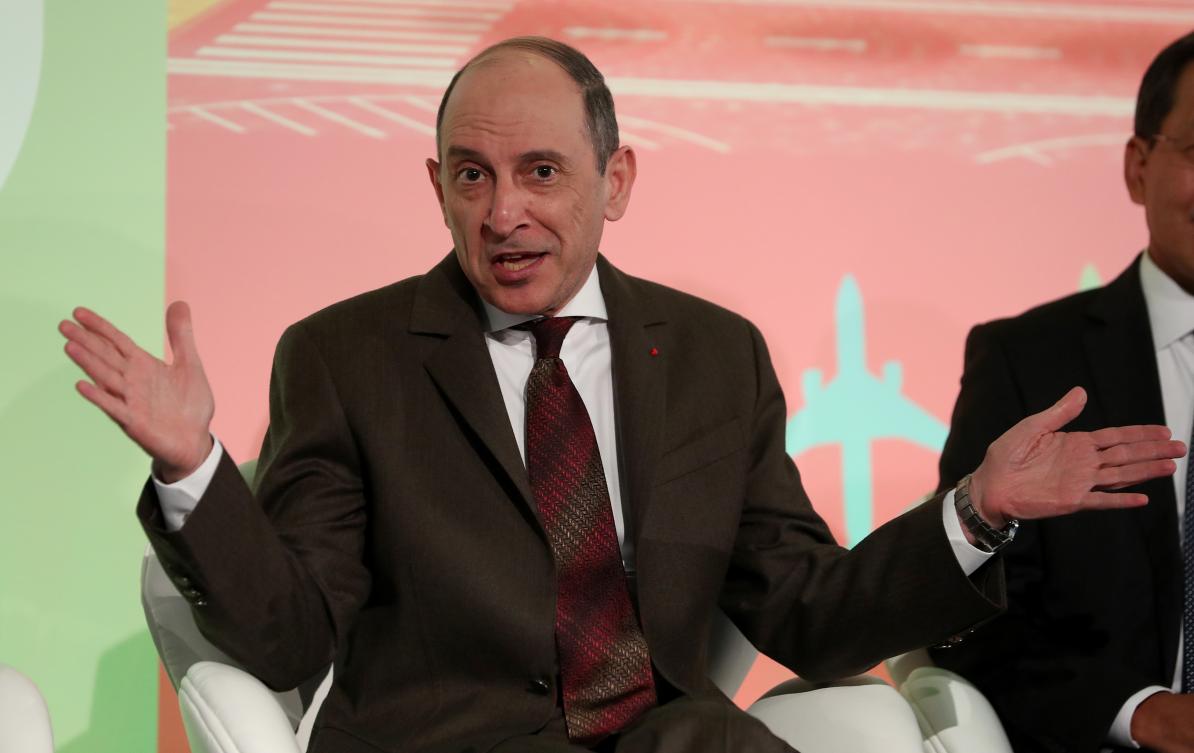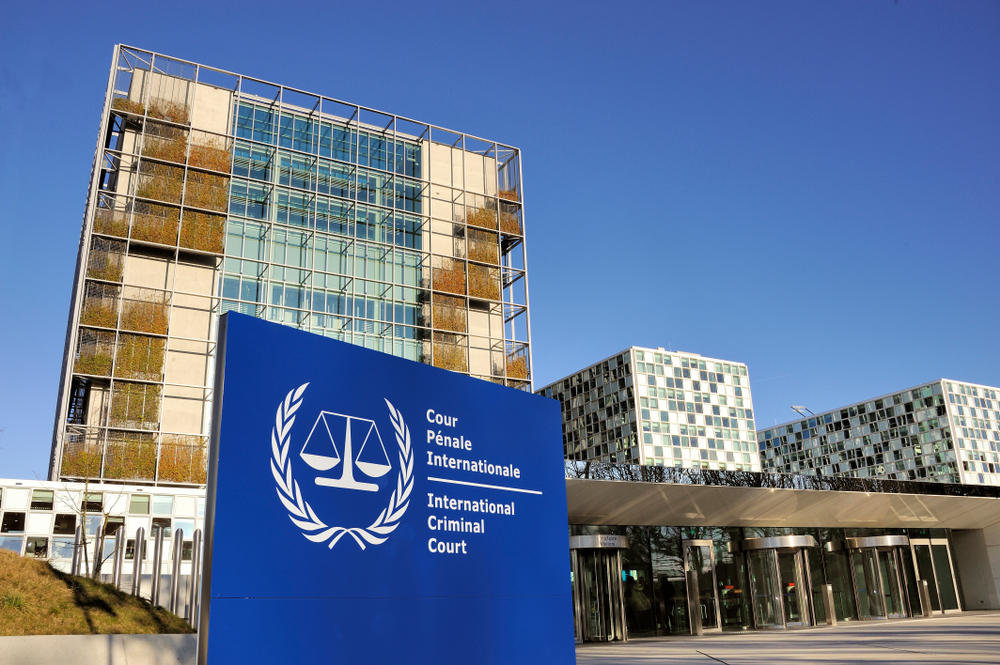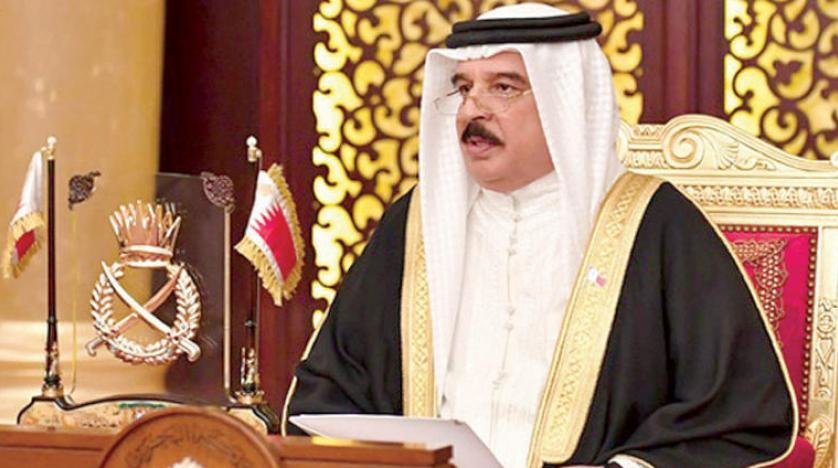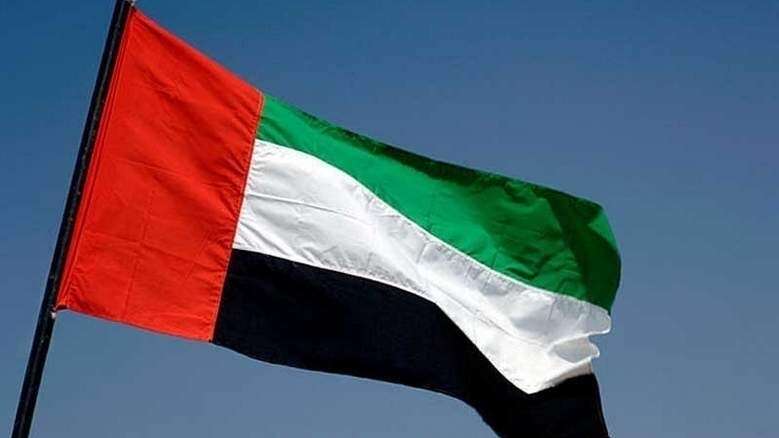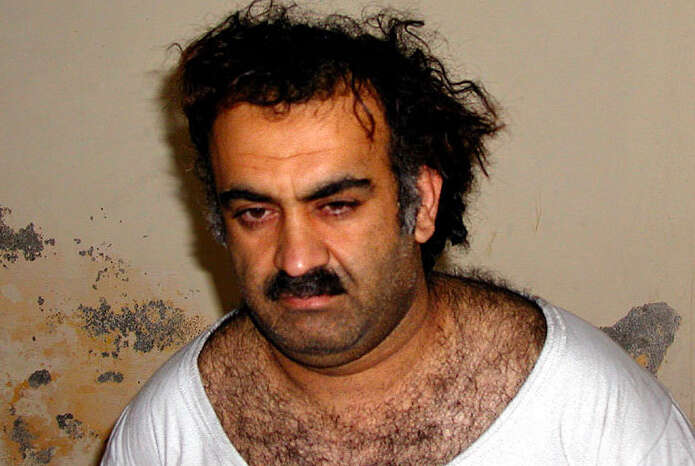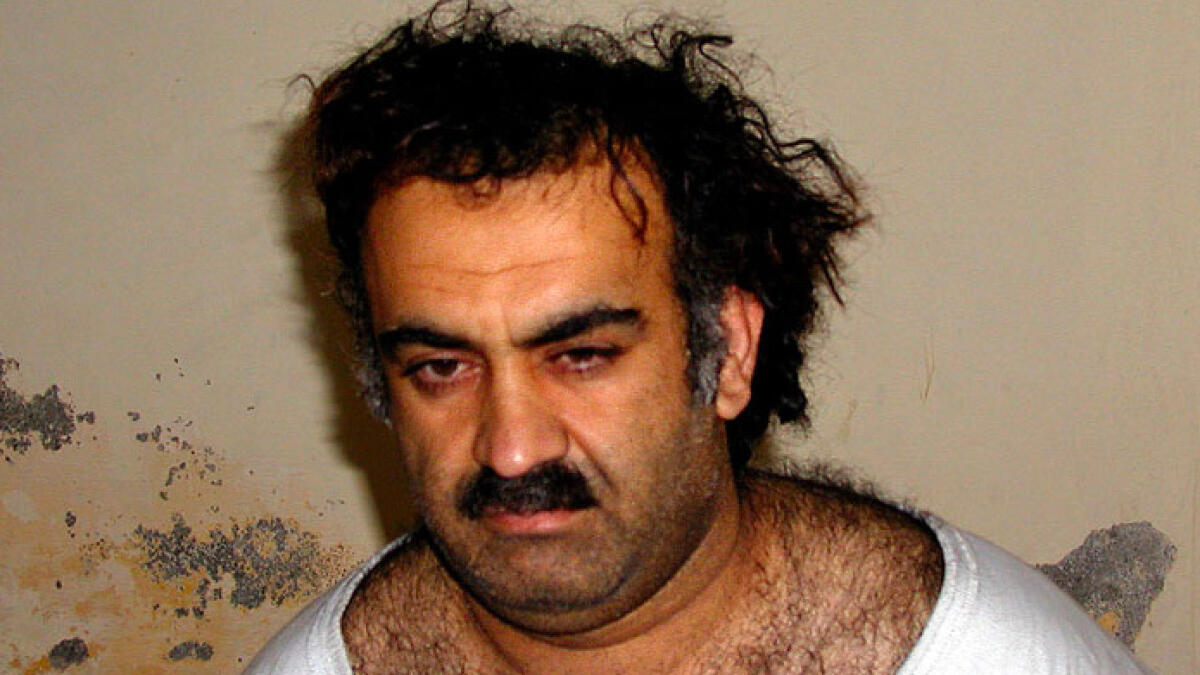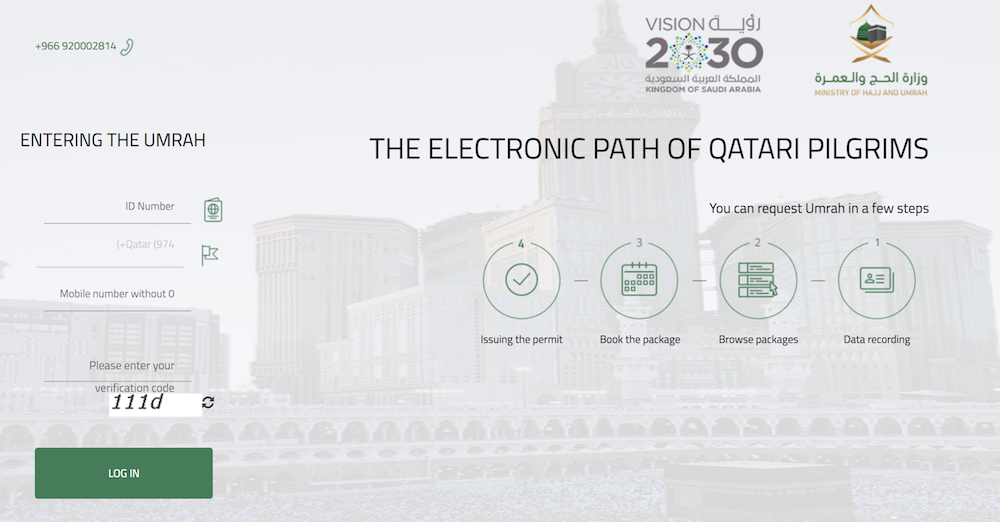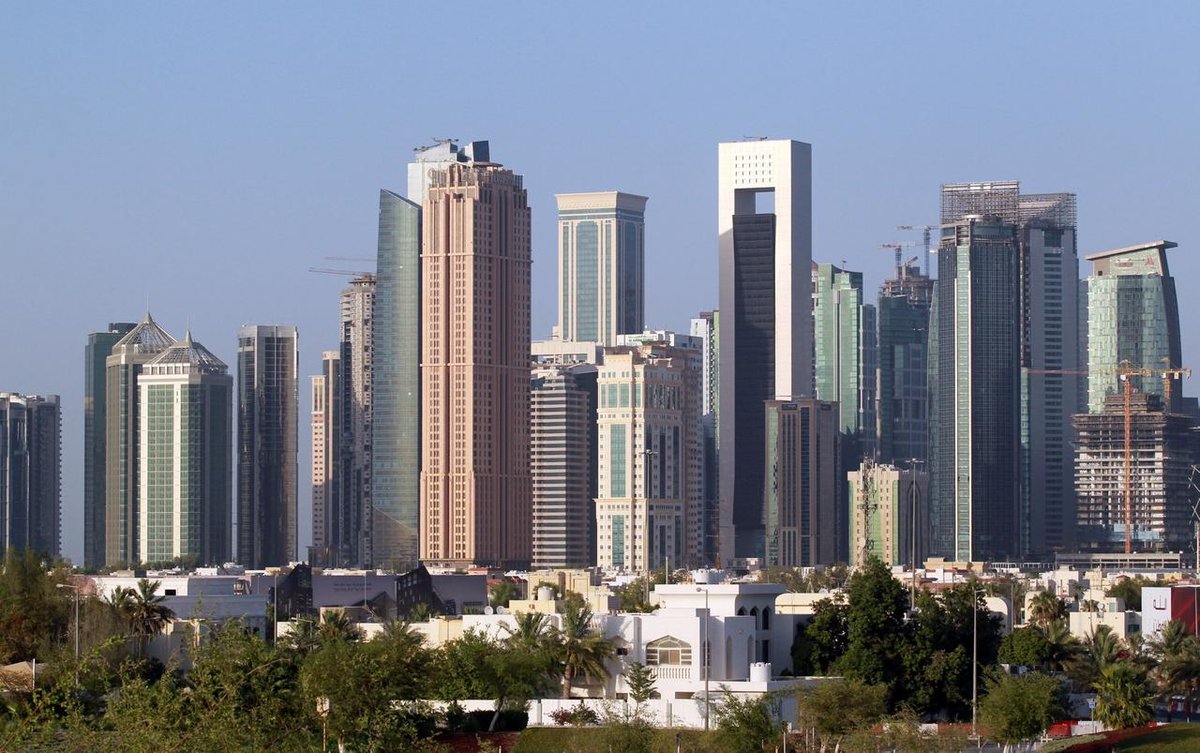Qatar withdraws measures established against UAE
Ban on buying and selling commodities exported by UAE have also been partially revoked
Published: April 27, 2019 12:07WAM

Doha skyline.Image Credit: Pixabay
Qatar has decided to withdraw its measures against the UAE in a significant concession aimed at averting the consequences of the UAE’s case in WTO against an illegal Qatari ban on UAE goods and services.
During a session of the Dispute Settlement Body (DSB) of the WTO, on Friday to examine the UAE’s request to set up an arbitration committee to assess Qatari efforts to ban UAE consumer goods and services, Qatar announced that it had withdrawn the measures they established against the UAE. It also said that it has partially revoked measures that banned buying and selling commodities exported by the UAE.
The Qatari climb-down recognises that Doha's policies had violated its international obligations. However, the partial concession doesn't not resolve some of the fundamental issues of the dispute, and the UAE continues to explore its legal options to ensure that Qatar abides by its WTO obligations.
Abdullah Hamdan Al Naqbi, Director of the international law Department, Ministry of Foreign Affairs and International Cooperation, stated that Qatar's confession of its previous violations one day before the UAE request was heard '' is a clear concession''. ''We continue to seek Qatar’s full withdrawal of these measures so as to ensure Doha's commitment to its WTO obligations and ensure our exports of goods has free access to Qatar markets'' he underscored.
He added, ''We see today that Qatar approach, which placed it on the defensive, did not count and think of the damage that will come back from this trend.''
https://gulfnews.com/uae/qatar-withdraws-measures-established-against-uae-1.1556352619917?utm_source=newsletter&utm_medium=email&utm_campaign=GulfNews_NewsLetter_20190427_Evening_PM
Ban on buying and selling commodities exported by UAE have also been partially revoked
Published: April 27, 2019 12:07WAM

Doha skyline.Image Credit: Pixabay
Qatar has decided to withdraw its measures against the UAE in a significant concession aimed at averting the consequences of the UAE’s case in WTO against an illegal Qatari ban on UAE goods and services.
During a session of the Dispute Settlement Body (DSB) of the WTO, on Friday to examine the UAE’s request to set up an arbitration committee to assess Qatari efforts to ban UAE consumer goods and services, Qatar announced that it had withdrawn the measures they established against the UAE. It also said that it has partially revoked measures that banned buying and selling commodities exported by the UAE.
The Qatari climb-down recognises that Doha's policies had violated its international obligations. However, the partial concession doesn't not resolve some of the fundamental issues of the dispute, and the UAE continues to explore its legal options to ensure that Qatar abides by its WTO obligations.
Abdullah Hamdan Al Naqbi, Director of the international law Department, Ministry of Foreign Affairs and International Cooperation, stated that Qatar's confession of its previous violations one day before the UAE request was heard '' is a clear concession''. ''We continue to seek Qatar’s full withdrawal of these measures so as to ensure Doha's commitment to its WTO obligations and ensure our exports of goods has free access to Qatar markets'' he underscored.
He added, ''We see today that Qatar approach, which placed it on the defensive, did not count and think of the damage that will come back from this trend.''
https://gulfnews.com/uae/qatar-withdraws-measures-established-against-uae-1.1556352619917?utm_source=newsletter&utm_medium=email&utm_campaign=GulfNews_NewsLetter_20190427_Evening_PM

